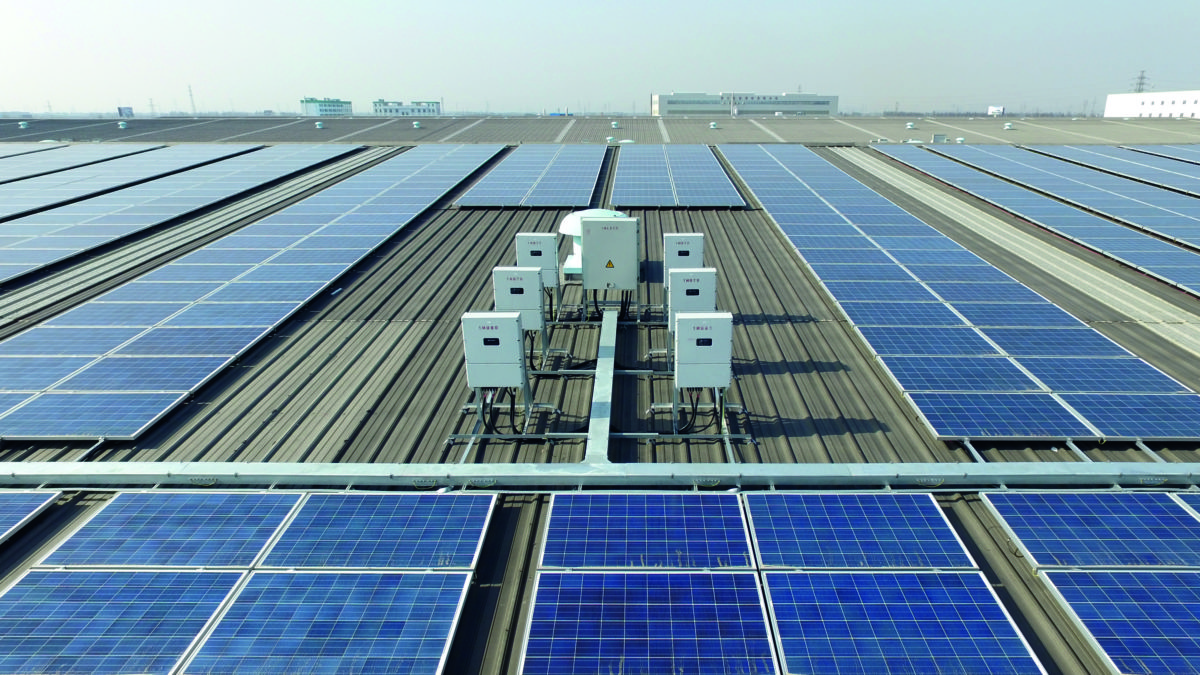State Grid Corp. of China has set up a new subsidiary to oversee the planning of the grid in the Xiong’an New Area in Hebei province, according to the Xinhua news agency. It did not disclose additional details about the plan, including the precise role that solar will play. Electricity will reportedly account for at least 50% of the total planned energy consumption in the new sustainable city.
The development of the Xiong’an New Area, first announced in April 2017, has become a major policy priority under Chinese President Xi Jinping. Xiong’an is expected to emerge as a modern city by 2035. It has been designed to establish a new model for urban-rural development, with the total population density to be limited to a maximum of 10,000 people per square kilometre.
Loosely based on the Shanghai Pudong New Area and the Shenzhen Special Economic Zone, Xiong’an is designed to coordinate the ongoing development of Hebei province, particularly the city of Tianjin, with that of the national capital, Beijing.
It is expected to emerge as a new hub for the development of innovative technologies, covering sectors such as IT, biotechnology and green agriculture. The entire development will be served by a new high-speed railway line to an airport that is being developed in Beijing's Daxing district.
Although state media outlets say that the Xiong’an New Area is situated on one of the biggest geothermal reserves in northern China, solar PV will likely play a significant role in the development of the new sustainable city, given that solar is poised to surpass wind energy as a source of power in China this year, according to a recent report by the Asia Europe Clean Energy (Solar) Advisory (AECEA).
China’s National Energy Administration (NEA) reported in January that the country installed 52.83 GW of PV capacity in 2017, bringing the nation’s cumulative total to about 130.25 GW at the start of this year. AECEA expects the nation’s cumulative installed PV capacity to hit 250 GW by the end of this decade.
This content is protected by copyright and may not be reused. If you want to cooperate with us and would like to reuse some of our content, please contact: editors@pv-magazine.com.



By submitting this form you agree to pv magazine using your data for the purposes of publishing your comment.
Your personal data will only be disclosed or otherwise transmitted to third parties for the purposes of spam filtering or if this is necessary for technical maintenance of the website. Any other transfer to third parties will not take place unless this is justified on the basis of applicable data protection regulations or if pv magazine is legally obliged to do so.
You may revoke this consent at any time with effect for the future, in which case your personal data will be deleted immediately. Otherwise, your data will be deleted if pv magazine has processed your request or the purpose of data storage is fulfilled.
Further information on data privacy can be found in our Data Protection Policy.